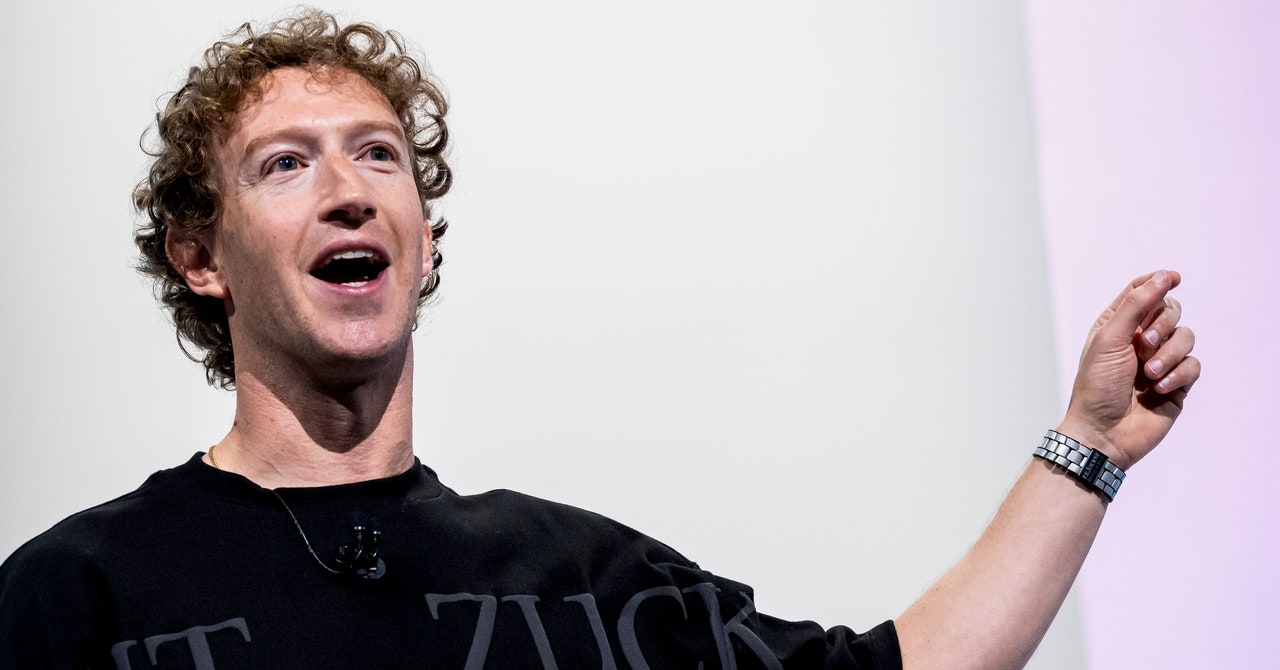“Leaders do everything they can to create an environment that is conducive to actions they want to take, without review or accountability from actors like our courts or legislators or others,” she says.
Since taking over X, formerly Twitter, Musk has become one of Trump’s key allies, supporting his campaign financially and lending the full weight of his own platform to promote Trump’s talking points during the campaign. He has since sat in on meetings with foreign leaders with the president-elect and weighed in on personnel choices for the new administration. Other tech executives have taken note, cozying up to Trump and donating to his inaugural fund. But even before the election, other tech companies followed X’s lead in rolling back policies and protections previously in place.
For his part, David Greene, senior staff attorney at the Electronic Frontier Foundation, says Meta and other social platforms would likely have to comply with state laws regardless of location. And moving staff to Texas doesn’t mean all of its supposed moderation problems will be solved. Bias, he says, can cut both ways.
“Misinformation is really one of the many, many, many problems that social media platforms have to deal with,” he says. “Having a moderation team in Texas could also raise concerns about bias. For example, Texas has laws on the books that make the release of certain information about the availability of abortion services illegal.”
But Benavidez says Texas’ social media law may not be the state’s only appeal. “When a company is either headquartered or does significant business in a state, it allows them to use that state for jurisdiction in any future filings they have,” she says.
In 2023, X filed a lawsuit in Texas against the nonprofit watchdog Media Matters for America, alleging that the group had disparaged the company by pointing out that hate speech and misinformation on the platform ran alongside ads. At the time, Texas Attorney General Ken Paxton also announced that his office was opening an investigation into the organization. A federal judge in Texas refused to throw out the case in August 2024. X has since changed its terms of service so that any lawsuits against the company must be filed in Texas. The feds are to be brought in the Northern District of Texas, widely considered friendly to Musk’s interests. (The judge in the Media Matters case, for example, bought and sold shares in Musk’s Tesla company earlier this year before the suit was filed.)
Meta’s Terms of Service, as opposed to its Community Guidelines, remain the same for now, with disputes to be resolved either in the Northern District of California or at the state level in San Mateo County. But that can change.
“The legislative environment, the judicial environment, the gubernatorial environment in Texas is incredibly favorable for leaders like Musk and now Zuckerberg,” Benavidez says.
Gill argues that the regulatory environment in Texas may resemble what companies believe the national regulatory environment will look like under a new Trump administration.
“I think they’re looking ahead and seeing an environment that’s going to be dominated by a conservative-minded and kind of extremist administration,” she says. “So they’re moving to places where it’s the norm so they can comply in advance.”
Gill also notes that Meta is facing an antitrust case from the Federal Trade Commission, which a friendly administration could see fit to toss. “By preemptively making these changes that they hope will appease the administration, they may be hoping for a friendly decision in return,” she says.
Meta did not immediately respond to a request for comment.
